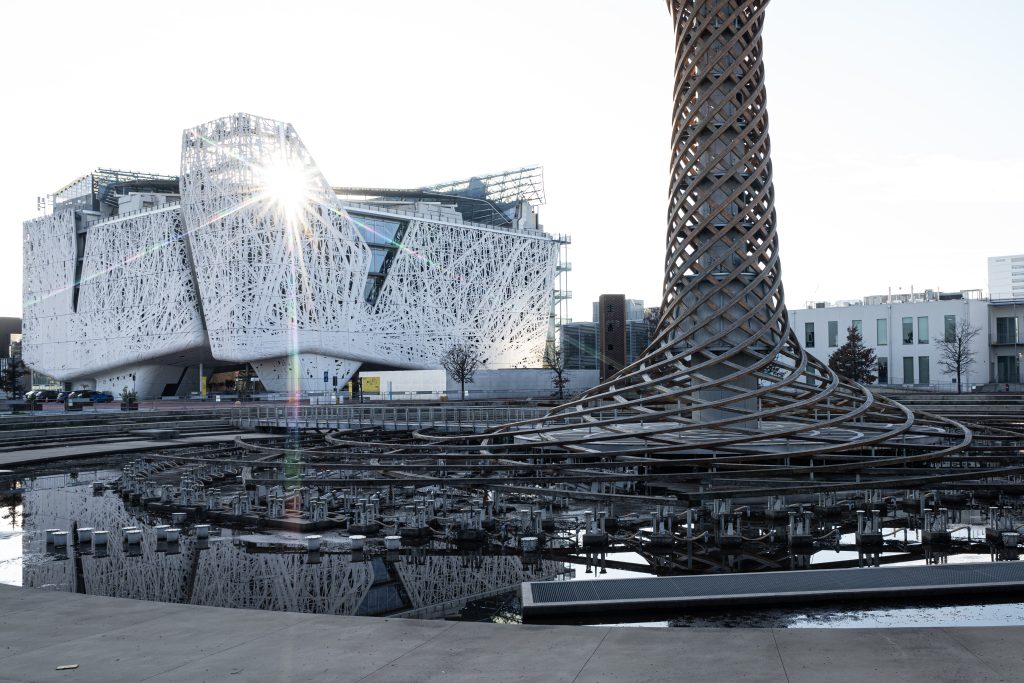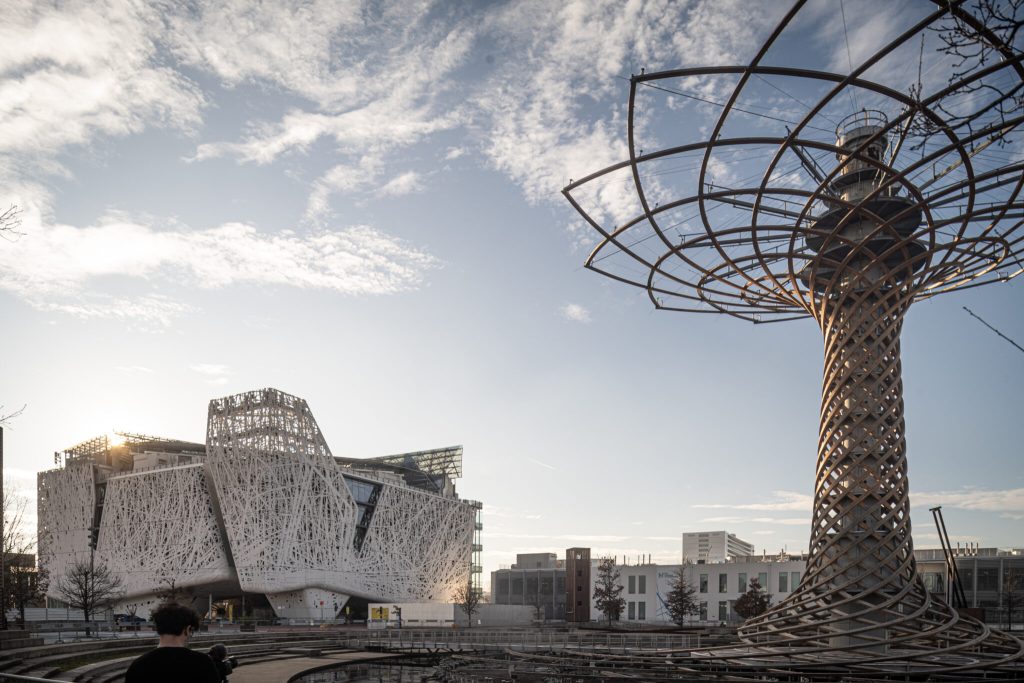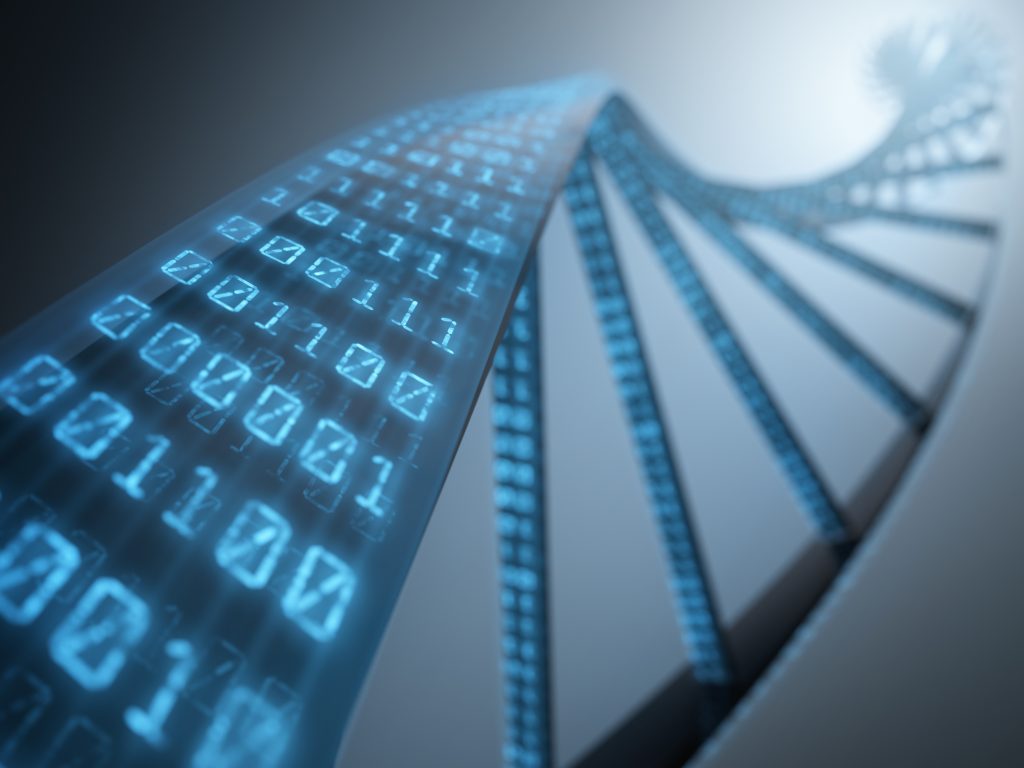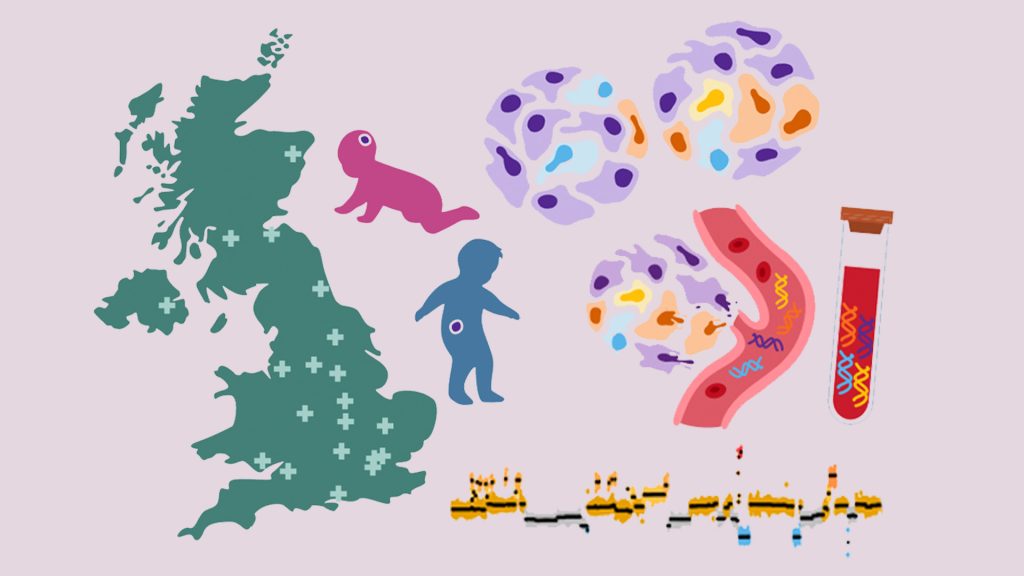Introducing Cecilia Dominguez Conde
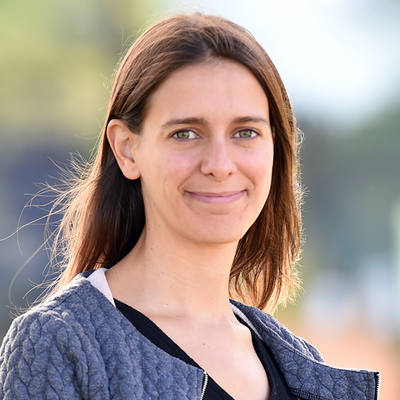
Cecilia is an immunologist interested in the continuum of immune cell phenotypes and how genetics can influence cellular states to drive disease. She will be joining HT from the Cellular Genetics programme at the Wellcome Sanger Institute (Cambridge, UK), where she studied human immunity across lymphoid and non-lymphoid tissues using single-cell genomics.
She plans to start in HT in June 2022 in the Genomics Research Centre. Her Research Group will implement cutting-edge genomic technologies to study the development of the immune system in humans and genetic conditions where immune development is dysregulated.
What inspired you to pursue a career in science?
I grew up surrounded by the daily activity of a local pharmacy, where my mother still works. This made me aware from early on about the myriad of drugs used every day to treat human disease. It also made me aware though about the uncertainty with which many human diseases are treated, which is what eventually led me into research. And I should also say that my father’s home experiments played a big part in igniting my scientific curiosity.
Tell us a bit about your research. What will you be working on at the Genomics Research Centre?
In my research group, I will use genomics to better understand human immune responses. On the one hand, we will implement genomics technologies to have a broad view of cellular phenotypes. On the other hand, we will connect these phenotypic readouts with genetic variation at the population level. In particular, we will apply these approaches to human development and paediatric diseases, including rare genetic conditions that compromise immune defence or immune tolerance.
What do you think is the most fascinating aspect of your research?
The most thrilling part to me is the ability to connect cellular phenotypes to disease mechanisms through innovative analytical methods that have the potential to guide us in designing better therapeutic interventions in the longer term. I’m currently most excited about the recent developments in antigen receptor sequencing and the opportunities they open to track clonal dynamics during development, infection, transplantation and a range of other scenarios.
How did you hear about Human Technopole and what attracted you here?
The Human Technopole is becoming a well-known institution among scientific peers in the life sciences. What attracted me here, in particular to the Genomics centre of HT, is the unique environment for scientists who wish to make an impact on public health using genomics, the outstanding facilities, human capital and forward-looking perspective on science.
Enough about work! What do you like to do in your free time?
When not in the lab, I love listening to music and practising guitar while singing (rather poorly). I also really like cycling and look forward to exploring some new routes around Milan!
